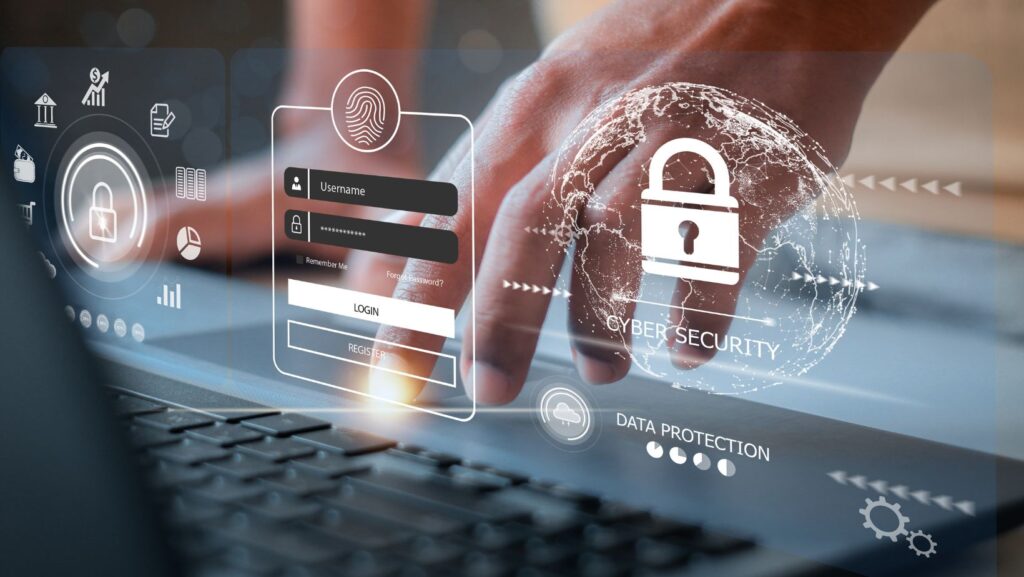When you travel, you not only expose yourself to new experiences and cultures. But also to new adventures. Still, traveling brings along unique cybersecurity risks. Which could turn that dream trip into a nightmare if one is not careful.
Cybersecurity Essentials When Traveling
Use of Strong Passwords and Turning on 2FA:
Before leaving, make sure all your relevant accounts (betamo, email, banking, and social media) are protected. By strong and unique passwords. You may want to consider using a password manager so that it is easy to gain access. Be sure to turn on 2FA wherever possible. Usually, this will provide an extra layer of security. By requesting a second form of verification, such as a code sent to your phone.
Update Software and Back Up Data:
Ensure that all your devices’ operating systems, applications, and antivirus software are always updated. Cybercriminals typically leverage updates that have known flaws in outdated software. Second, back up data in advance. So you don’t lose some very important information in case the device is either lost or compromised.
How Not to Become a Victim of Swindlers While Traveling
Protect yourself from phishing scams:
As a result of this, phishing could occur, which is when cybercriminals dupe you into giving sensitive personal information by pretending to be some trusted sources. Ignore e-mails, instant messages, or pop-up windows that request sensitive information, even if they seem genuine. Make sure of the source before you click on links or input any details.
Beware of Fake Wi-Fi Networks:
Cybercriminals create fraudulent Wi-Fi quite frequently, and it might look very genuine, but your information might be at their fingertips.

Always confirm the exact network name with the venue, such as a hotel or café, before using public Wi-Fi. Avoid performing sensitive activities, such as online banking, while using public Wi-Fi.
Watch Out for Social Engineering Attacks:
Social engineering is a case whereby an individual is manipulated to give out confidential information. For instance, a person may call, identifying himself or herself as an employee of a certain hotel, requesting some information. At other times, a certain individual may approach you, pretending to help you with your device, while in the real sense, he or she is stealing information from it. Be wary of unsolicited help, and always check on the identity before divulging information.
Dos and Don’ts of Mobile Cybersecurity
Dos:
- Do keep your devices secure: Strong passwords or biometric locks on devices make it hard to draw out your personal information in case the device falls into someone else’s hands or gets stolen.
- Do monitor your accounts: Do periodically look at bank and credit card statements to check for unauthorized transactions. The quicker you notice suspicious activity, the faster you can respond.
- Do at all times use your reputable security software: Download and install antivirus and anti-malware on your devices, which will help protect against malware. Those programs will warn you about possible problems and prevent unauthorized access.
Donts:
- Do not share personal information on the internet: Avoid posting your travel plans or your current location in social media. Announcing you won’t be home for some time might turn you into an easier target for burglary at home or any other crime.

- Avoid logging into accounts or making payments using shared computers, like those in hotels or business centre internet cafés; chances are that such computers could be infected with malware, which would capture your information.
- Don’t save passwords on shared devices: In case you have to use a public or borrowed device, never save your passwords or remain logged into your accounts. Always log out and clear the browser history after use.
- Do not volunteer your personal information in the clear: Whether online or in-person, be careful with the information you divulge. Scams often take scraps of personal information to help them tailor more effective attacks.
- Don’t brush off suspicious activity: If it smells fishy, trust your gut. Whether it be a sketchy Wi-Fi network, some weird e-mail, or an unfamiliar charge on your account, it’s better to err on the side of caution.
